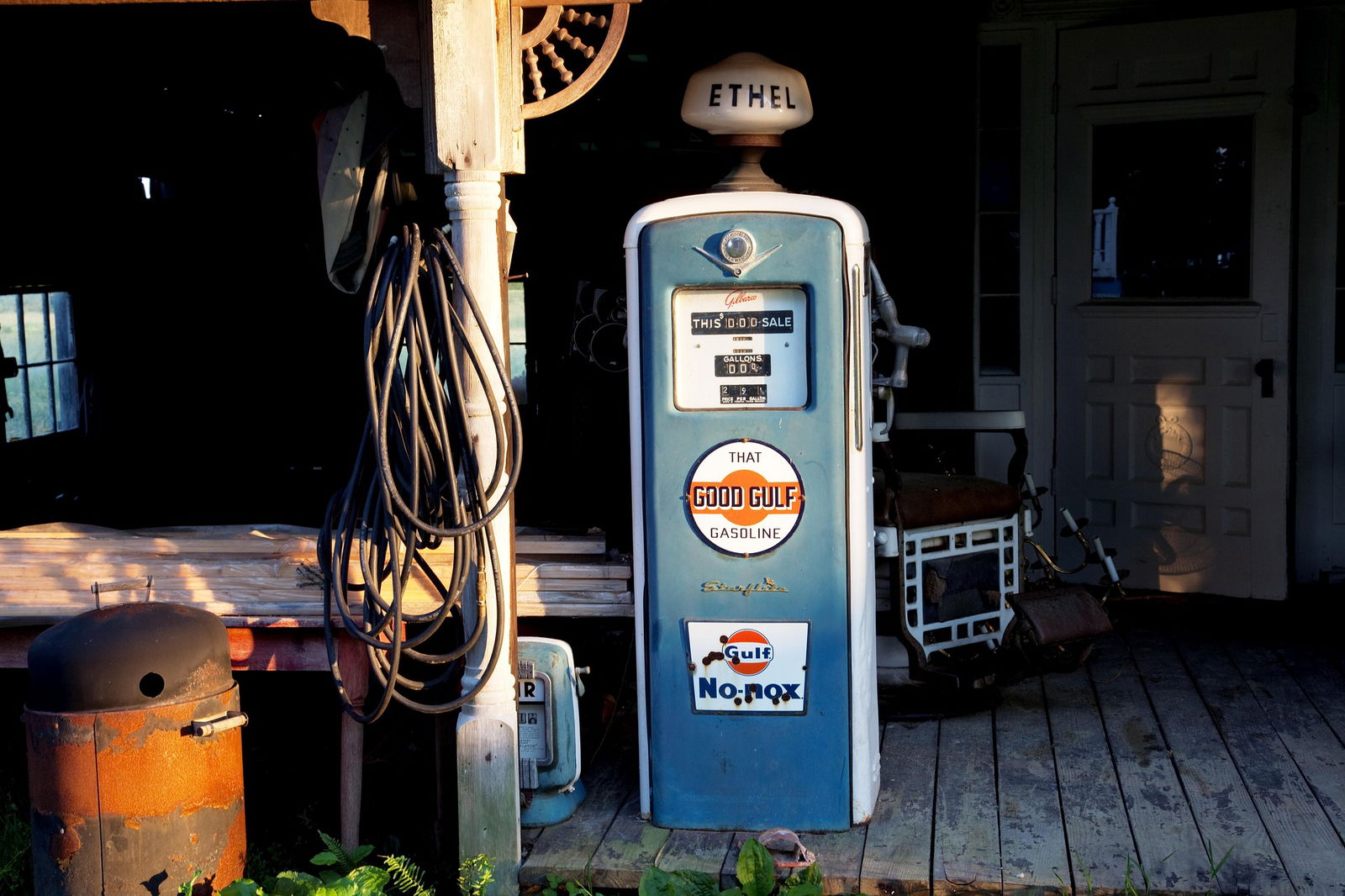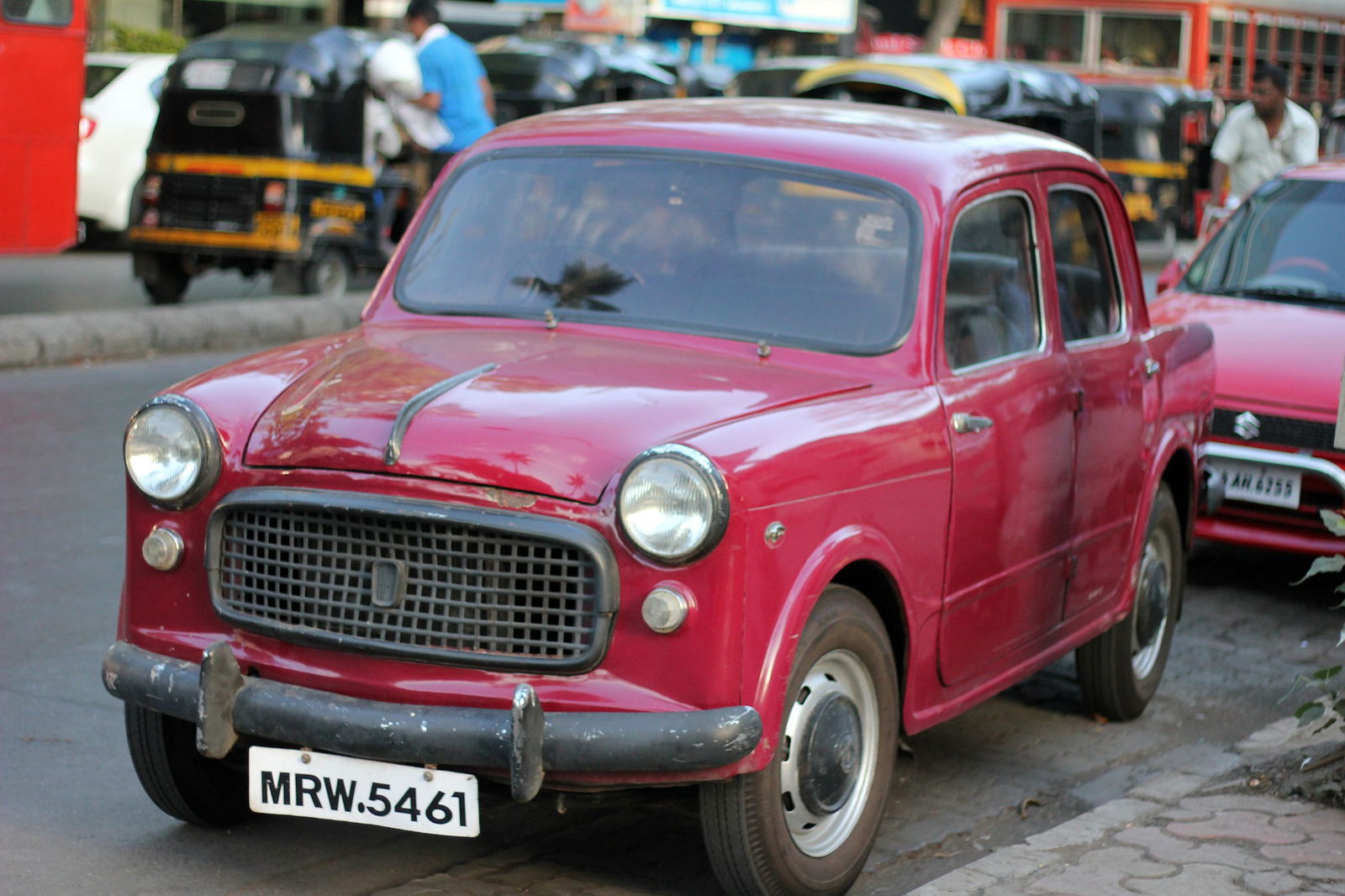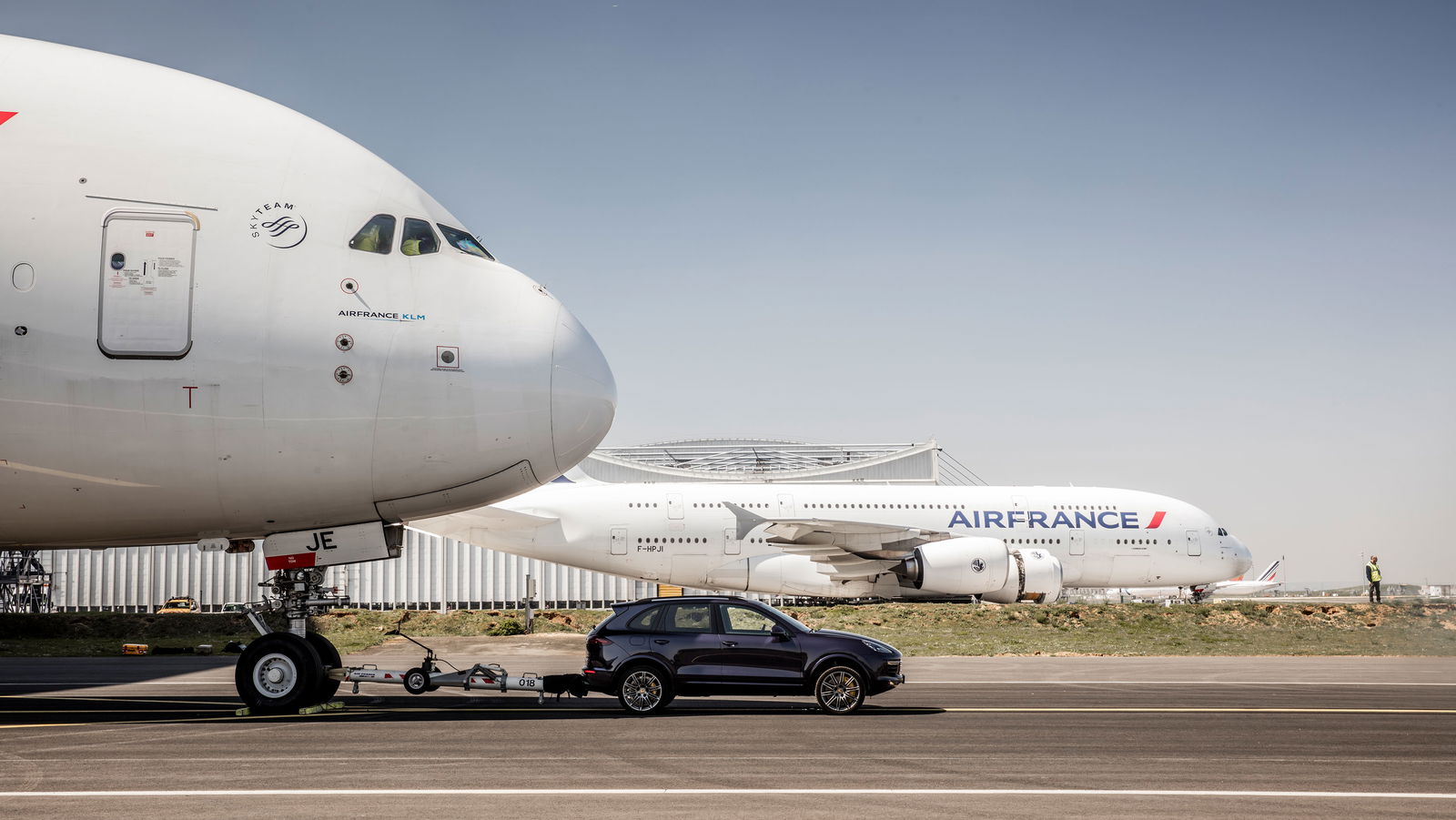Can India Really Ditch All Petroleum-Powered Vehicles By 2030?
Electric vehicles have been called soulless, expensive, impractical, unsafe, overly complicated and even environmentally hazardous by naysayers. Yet, the inevitable truth is that EVs will be a part of the mainstream in the not-so-distant future.
Electric vehicles have been called soulless, expensive, impractical, unsafe, overly complicated and even environmentally hazardous by naysayers. Yet, the inevitable truth is that EVs will be a part of the mainstream in the not-so-distant future. Some countries have even started reading out the last rites to the internal combustion engine. Norway has given new petroleum-powered cars eight years to live; and it’s highly likely that their Scandinavian brethren will follow suit. Tesla Motors is priming to become a hegemony in the automotive industry. And almost every carmaker in the world seems to have some sort of current-propelled vehicle somewhere in their model lineup.

Pretty soon, we’re all going to have to deal with a future devoid of widely-available fossil fuels. Yet, that doesn’t make the latest announcement from the Indian government seem any less ambitious. In a bold move, Piyush Goyal, the country’s energy minister, announced the government’s goal of eliminating fossil fuel-powered vehicles from the consumer market by 2030. Although this shouldn’t come as much of a shock (pun not intended) to motorists, it still seems like an impossible mandate for the government to follow.

I risk coming across as an old man yelling at clouds for saying why it might not be reasonable to expect an all-electric automobile industry in such a short period of time. In reality, however, there are many important reasons why India is moving in this direction. The rapidly-expanding industrial sector has resulted in abysmal levels of air pollution; especially in the large cities of New Delhi, Kolkata, and Mumbai. In addition, the environmental strain of India’s exploding population means that they have a desperate need to control their emissions. In fact, the whole world is putting pressure on India to make sure they clean up their act. This, in a way, makes abandoning the internal combustion engine seem like the obvious thing to do.

With that being said, the challenges associated with ditching diesel and gasoline are incredible for any nation at this point in time. As far as India is concerned, they’ll have to make some astronomical changes before an all-EV society can even begin to be feasible. The most troubling concern is the infrastructure—it is hard enough to conceive that the utility networks of nations such as the United States could possibly be able to accommodate such a massive paradigm shift in automotive propulsion.
Now imagine India—a country with a far less advanced electrical grid. A significant proportion of the population doesn’t even have access to power. Rolling blackouts are not unusual for many Indians, and the massive load that EVs would place on the system could simply be catastrophic to the already-precarious infrastructure. With massive power crises as recently as 2012, India has to satisfy the needs of its domestic economy before they even begin to consider throwing EVs into the mix.
This doesn’t even tap into many of the more general concerns of electric vehicles and their impact on the world. The production and eventual disposal of batteries could bring a huge environmental liability that we may not be able to handle. Even finding a source of electricity could cause massive problems, especially if that electricity is being produced by coal and gas-driven generators. It’s an environmental catch-22.

I’m not trying to dismiss the idea of a future with only electric cars. As far as I can tell, EVs are getting to the point where they’re really not bad vehicles at all. What I am trying to get at is the fact that we really need to consider whether or not EVs are a feasible, sustainable solution if we are going to kill off the petroleum-powered engine. Could hydrogen fuel cells be a more realistic alternative? What about biofuels, natural gas, or even nuclear-powered vehicles? Obviously, we have to do something, but we also need to make sure that what we are doing is, in fact, going to make a positive impact. India’s not necessarily out of line for their electric vehicle goals, but is their initiative really a step in the right direction? As it is, the plan to eliminate the internal combustion engine by 2030 is little more than a goal at this point. In that sense, it’s a good motivator to do something about the impending fossil fuel crisis. Yet, from a public works perspective, the actual likelihood of this initiative doing any good for the people of India is seriously questionable; even if doing nothing is even worse.
#ecarnomics

Comments
To be honest, Indian citizens are hard to cooperate with, with experience being an Indian and going to India. To make matters worse, people travel a lot, from work to pilgrimages, with tons of people, which is where cheap EVs come to its disadvantages. Many travel long distances, and some couldn’t even afford EVs, as most are in a poor state. Essentially , we can’t make India an entirely electrical society in 13 years
It’s gonna be like their space program, ambitious, somewhat successful, but too damn expensive to actually succeed. Try getting the population out of poverty first.
Tbh, i think not. India relies on conventional powered cars too much, especially fro trade and commerce. I dont want to sound rude, but the poorer people dont even have access to conventional cars, let alone some fancy witchcrafty electric doodad.
Very nice blogpost! In my opinion the most pressing things that need to be done is generating more electricity from renewable sources and reducing population (or at least stabilising it). We can’t support 11 billion people unless we roll back our lifestyle dramatically and lose personal freedom, which is not what any of us want. As for the energy problem, we should start by not rejecting wind-turbine proposals because “it’s ugly”. Smog is also ugly. Trees attacked by acid rain is ugly. And a few wind turbines is better than your nice coastal resort disappearing due to rising sea levels. I personally hope that nuclear fusion works and becomes mainstream, but at the moment we only have experimental reactors that don’t produce enough energy to be competitive.
Why are cars always the devil? Whilst those huge ships pollute the same as 50.000 cars. Hate on them not our cars.
Bleh
Nuclear powered vehicles? Play Fallout 4 for a few hours then come back… (I’m Joking Here)
Heheheh! First Ct Staff member making blogpost about India.
#goalachieved
Not even remotely possible. Cities during the Summer and sometimes Monsoon seasons need their power cut for about 2 to 4 hours, sometimes going into the 12 hour mark in different areas, so that they don’t go over their budget. Rural areas don’t even get power much.
Going full electric is going to make an existing problem even worse. The energy ministry has no idea what they’re talking about; they’re going on about a solution to a problem that will only compound the problem itself. It’s like identifying a hazard and implementing controls that mitigate it, while not acknowledging that the controls they implement create new hazards.
Look at the car scene in India itself. It’s nothing. Every car in existence today is the same car under a different or new body. They’re underpowered, mundane and barely have any character to them. And the road infrastructure is basically non-existent. They construct a road that lasts a few months, but as soon as it rains that “new” road is nothing but a pile of rubble.
For them to even comment on the topic is hilarious in and of itself.
By the way, have you seen the import tax and duty on cars there? 200% on the car’s market value.
Nope
Pagination